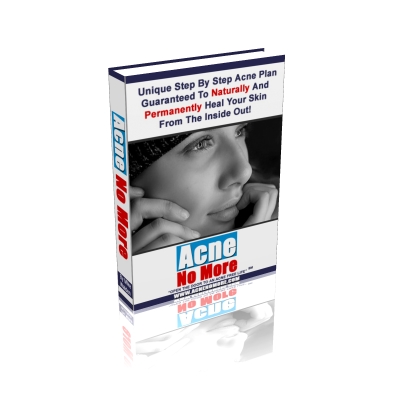Understanding Baby Acne: Causes and Symptoms
Baby acne, also known as acne-neonatorum, is a common condition that affects approximately 20% of newborn babies. It occurs due to the presence of maternal hormones received by the baby through the placenta during delivery. These hormones stimulate the sebaceous glands in the baby's skin, leading to the development of acne.
Gender Differences and Timing of Baby Acne
Baby acne tends to be more prevalent in male infants compared to females. Typically, it manifests around three weeks of age, although some babies may have it from birth. The acne lesions observed in infants are primarily papules, which are red bumps, and pustules, which are whiteheads filled with pus.
Visit: Acne Diet Link Exposed: Is There an Acne Cure Diet that Works?
Treatment and Care for Baby Acne
In most cases, baby acne does not require specific treatment and tends to resolve naturally within four months. However, it is essential to take regular care of your baby's skin. Use a mild baby soap and gently cleanse the face with water once a day. Avoid using harsh oils or lotions, as they can exacerbate the condition. Remember, infantile acne will fade away on its own.
Addressing Acne on the Scalp
It is not uncommon for babies to experience acne on their scalp. Similar to facial acne, scalp acne in infants does not necessitate any specific treatment. Following the same gentle cleansing routine is sufficient.
When to Seek Medical Attention
If you suspect that your baby has severe acne, consult with your family doctor. In such cases, the doctor may recommend benzoyl peroxide, keratolytic agents, or topical creams like retinoids for treatment.
Understanding the Nature of Baby Acne
Acne can be an unpredictable condition. Even if you or your family members have a history of acne, it does not guarantee that your baby will also have it. Likewise, having baby acne does not mean your child will suffer from acne in the future. Acne has its own unique patterns and strategies.
Duration of Infantile Acne
Infantile acne typically appears after three months of age and naturally fades away after the first year. In some cases, the condition may persist for up to three years due to the baby's genetic makeup. However, no special treatment is required during this time. Simply observe the acne's arrival and departure, welcoming its disappearance with joy.
Additional Information on Acne Treatment
Are you looking for a holistic approach to acne treatment? Mike Walden's "Acne No More" is a comprehensive system worth considering. This system provides 223 pages of valuable information on how to naturally and permanently eliminate acne without relying on drugs, creams, or gimmicks. Unlike many hyped-up products available online, "Acne No More" offers an honest and straightforward approach. To learn more about this system, visit the official website: [AcneNoMore.com]
In conclusion, baby acne is a common and temporary condition that affects many newborns. By following a gentle cleansing routine and providing proper care, you can ensure your baby's skin remains healthy. Remember, baby acne will gradually disappear over time, leaving you with a happy and blemish-free baby.


















0 Comments